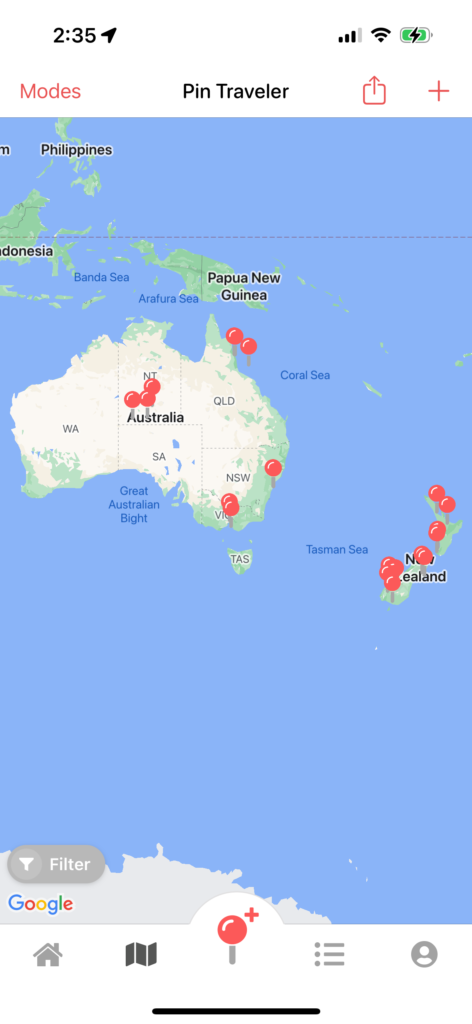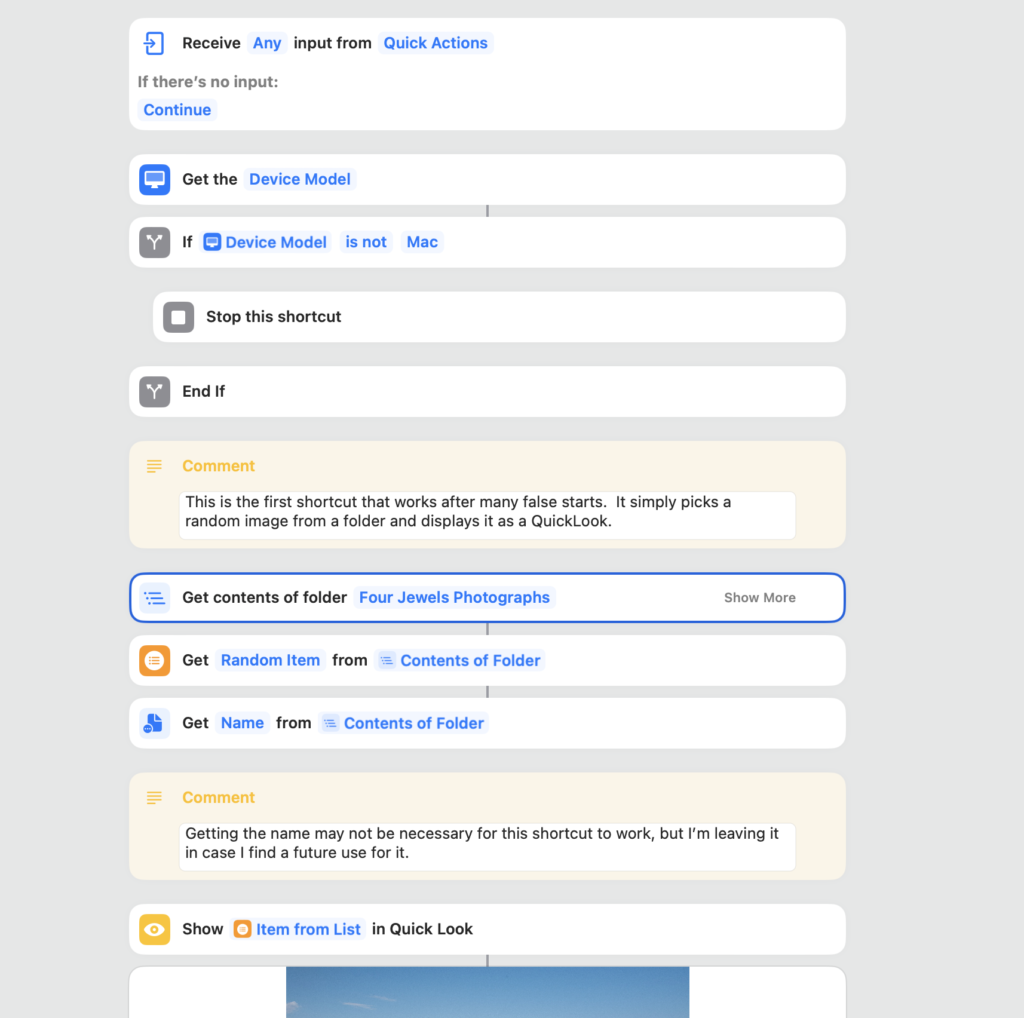LinkedIn is one of what I refer to as a second-tier “big tech” company. By second-tier I mean that it’s not always the first corporate name that springs to mind when that term is used. In my mind, Apple, Google, Amazon, Facebook and Microsoft logos are the ones that seem to appear when the discussion of big tech occurs.
But LinkedIn, which was founded by Reid Hoffman and Eric Ly and which was launched on May 5, 2003, was praised in the past by technologists for its implementation of new, complex “big technologies.” LinkedIn was acquired by Microsoft in 2016. Yep, Big Tech.
I created a LinkedIn account during my working career, sometime around 2011. At the time, LinkedIn was going public, with its initial public offering (IPO). By the end of the year, LinkedIn had a higher market value than Twitter.
Let’s detour for a moment and consider “social networks.” Think of an electronic version of a public notice or bulletin board, where anyone is free to post want ads, babysitting services, yard work, junk removal and personal profiles. That’s the general idea behind behind the likes of Craigslist, MySpace, Facebook and others. These sites captured the imagination of (mostly) young people and grew accordingly. I won’t go into the psychology of obsessiveness that developed among a large number of users.
The founders and developers of these sites discovered something television producers had known for decades: You make money by advertising. Over-the-air television cost nothing more than the set on which to receive the signal. It paid for itself many times over by presenting the viewer with advertisements. This was the model that turned Google into a powerhouse Big Tech company. Simply put: Make the usage free and put advertisements in front of the users.
But “Big Tech” is big tech. The Googles of the world learned that they had the ability to track users, and to target them with ads based on their searches, activities and behaviors. A rumor floated a few years ago that Facebok (or name your big tech company) was able to read your hard disk and lift personal information from it. That was never proved, and these days would be extremely difficult to do, but Facebook and every big tech company does read the contents of your web browser’s cache.
Cache. Ah, a term that’s often not clearly understood. Having worked in a field where cache is a major component of the technology, I feel qualified to discuss this further. Cache is an area of a computer’s memory or hard disk that is used to store recently accessed data. It does this to speed up computer operations by not needing to “go to the well” every time, thereby also reducing resource consumption at the source. EVERY web browser maintains a cache of data. It’s this data that exists and can be used by big tech. If you are handing out your personal information (address, driver’s license number, credit card information, etc.) that information exists in cache. Need I draw the connecting lines?
The good news is that browsers are becoming more security conscious, as are most computer systems developers. For example, Apple’s latest operating systems offerings continue to add features meant to secure your data from prying technology. Of course, the cost of doing so makes using a Mac less “user-friendly,” but the trade-off is seen as being worth it.
So, back to LinkedIn. I chose LinkedIn as the subject of this piece due mostly to my personal experience with it. As mentioned above, I created a LinkedIn account during the peak of my professional career. Presented as a “socia networking system for professionals,” the concept of LinkedIn was to enable professionals to post their résumés , connect with others, search for job openings, preview job candidates, and enable peer-to-peer evaluations.
On the surface, the concept sounded appealing. After all, why not connect to a world of your peers? It wasn’t until I’d had my account for a couple of years that the cracks began to appear. Like other social networks, LinkedIn would propose connections. Often, these would be people employed in your organization, in similar job fields, alumni of your college(s) and linkages (hence the name, LinkedIn) it deemed appropriate. Fair enough, it’s how the system works.
But when I started receiving praise and recommendations for capabilities I don’t have, for experience I’ve never had, by people I barely know, my eyebrows began to raise. This started happening with regular frequency. It made me question the entire veracity of the system.
Feeling that LinkedIn was more a waste of my time than a benefit to my career or productivity, I decided to close my account. This is where the hammer dropped. In short: You can’t.
Oh sure, you can “close” your account, but LinkedIn’s Terms of Service (TOS) state (in my English translation of lawyerspeak) that all data you send to LinkedIn becomes THEIR data. The effect of “closing” my account meant that my data was not accessible to ME, but it was still there for everyone else to see! Hey – check your TOS on Facebook, Google and the others. I’d be willing to wager they all say the same thing: Your data is THEIR data. That gives rise to the saying, “If a service is free, YOU are the product.”
So, I re-opened my account. Yes, I was able to re-link (sorry!) to my data. As I have now moved into the realm of the retired, I clearly put that as my status, and changed my profile photo to that of a milk carton with “Missing” displayed on the face.
And today, I still get recommendations and offers. It’s a good thing Big Technology has provided a way to detect this nonsense as junk, and to send it to my trash bin unread. LinkedIn no longer exists to me, and neither do Twitter (“X”), Facebook and other “social” networks. I use technology daily, but my searches aren’t done through Google, and I share only my AppleID account information with Apple. My data isn’t for sale.
(The opinions in this article are those of the author only. As the saying goes, “Your mileage may vary.”)






